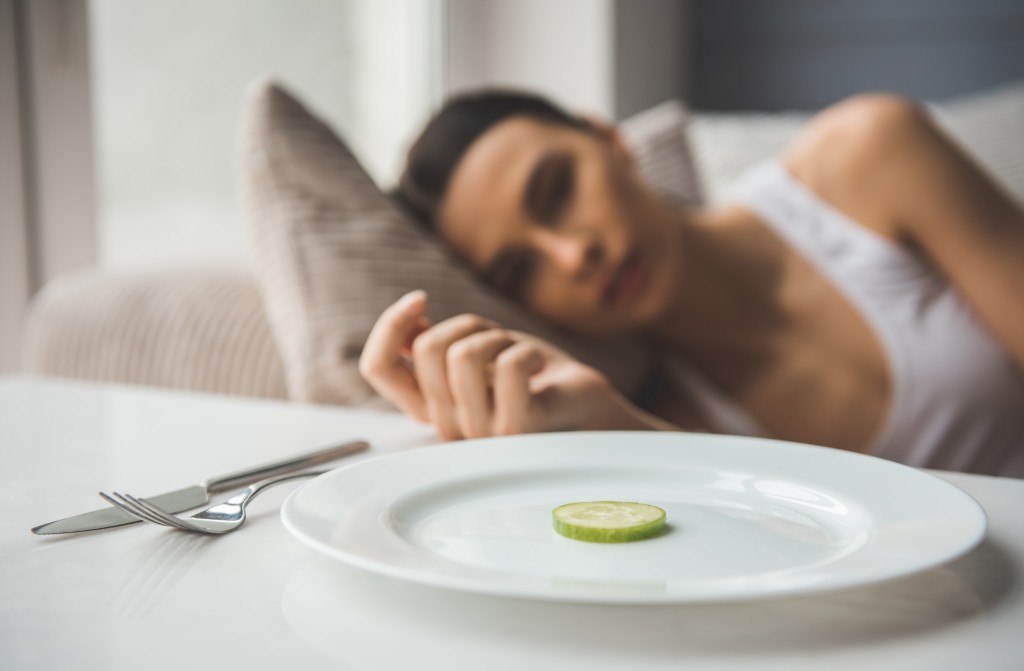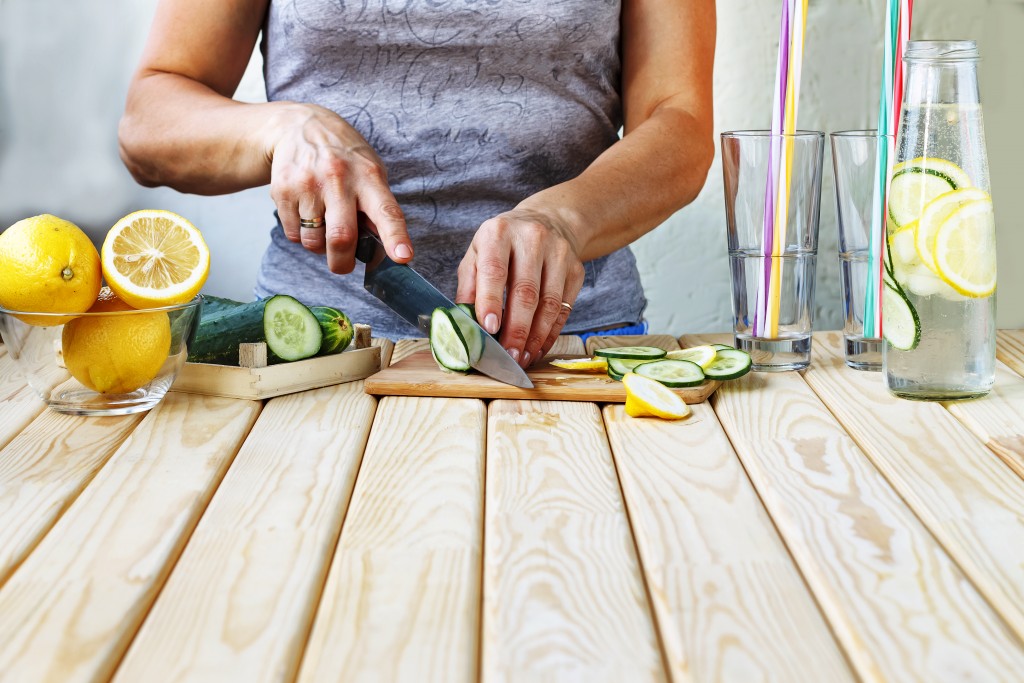The coronavirus pandemic is hard for everyone, but it is especially challenging for people with eating disorders. The isolation, anxiety, depression, and even symptoms of the disease can increase stress and disrupt already established healthy routines.
For those struggling to gain a foothold and bring back their sense of control, here are coping tips to help you:
1. Remember, You’re Not Alone
Your journey toward recovery and health need not be lonely. Many people are willing and ready to support you. If you need professional help, you can look into different treatment options for bulimia nervosa and other eating disorders.
These facilities can provide intensive outpatient services according to your preferred time. Some also run online counseling, while experts now offer free classes and webinars for stress and anxiety management.
Create your support group. It can include family members, friends, and medical professionals. Let them know how you are and encourage them to check up on you sometimes.
When you’re feeling down, contact them too. Call them, talk to them over instant messengers or FaceTime, or schedule virtual get-togethers. Everybody needs everyone right now.
2. Take It One Moment at a Time

Eating disorders often appear with other mental health conditions, such as anxiety and depression. When dealing with all these, it can be paralyzing. How do you get over this significant hump? Answer: one moment at a time.
When the day feels heavy or your body is weary, try these simple steps:
- Don’t rush in the morning. Consider lying in bed for a few more minutes. Enjoy the warmth and the comfort of the pillows. That’s one moment.
- Get up and fix the bed. Fluff the pillows and open the curtains. Allow the light to pour into the space. Take a deep breath. That’s a second moment.
- Go downstairs and fix your cup of coffee (or tea or juice, whichever you prefer). Pay attention to the sound the appliance makes and relish the smell of the beans or the fruit. That’s another moment.
When you feel like lying down or watching a movie, then do it too! You can go back to your moment list anytime. By doing these, you will learn how to be gentler with yourself.
3. Take a Digital Break
When you have less time outdoors, you are more likely to grab your phone or sit in front of your computer and immerse yourself on social media. The problem is, coronavirus is such a hot topic today you’ll read a lot about it. Worse, some can be over-hyped or even misleading. They can only feed your anxiety and stress. Consider doing a digital detox or break:
- Limit your social media exposure. You can start with an hour then 30 minutes and then 15 minutes. Unsubscribe to people and news sites that deliver unsettling information. Stick to official pages, such as those of the CDC or your state and county.
- Embrace a positive habit. With less time on social media, you can have more idle time. Not having anything else to do can compel you to go back to your old habits. To deal with that, try exchanging it with something productive or positive. For example, you can whip up a new meal or enroll in a virtual class. You can call a friend or chat with the family online.
Navigating the pandemic and the “new normal” will not be easy, but you are not alone. The best help is available anytime you need it.




